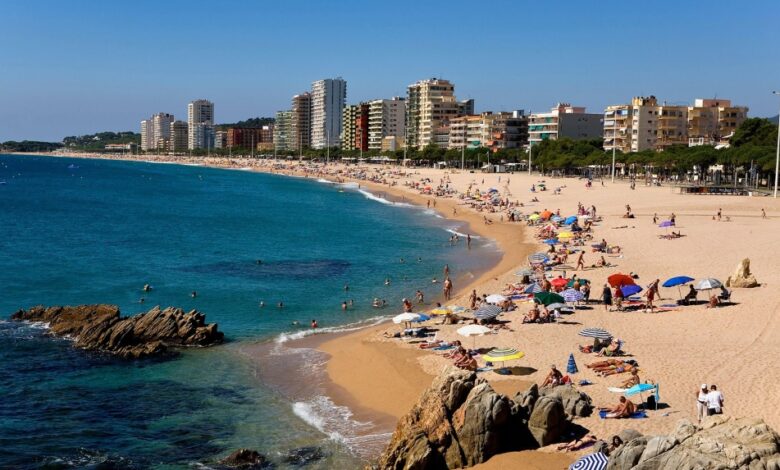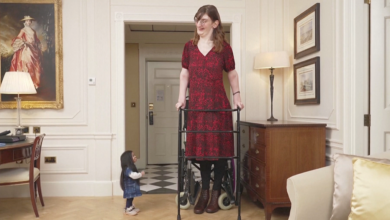Spanish tourist town bans sex dolls for bachelor and bachelorette parties

Badly behaved bachelor and bachelorette partygoers could soon face heavy fines if they overstep the mark in a Spanish resort town.
The authorities in the town of Platja d’Aro, on Spain’s Costa Brava and around 60 miles northeast of Barcelona, have introduced fines for anyone daring to go out in public in costumes depicting genitalia or carrying sex dolls.
Individuals could be left with a US$811 fine (€750) for “walking or standing on a street or public space without clothing, or only in underwear, or for wearing clothing or accessories that represent human genitals, or with dolls of a sexual nature,” a city hall spokesman told CNN Thursday.
Higher tolls of up to US$1,620 (€1,500) could also be levied for anti-social behaviour which causes more of a disturbance, though the exact nature of these offenses remains unclear.
The new measures also prohibit going shirtless or venturing out in nothing more than a bikini in urban areas away from the beach, the spokesman added. They will come into effect around the end of June.
Platja d’Aro has a population of 12,500, but on summer weekends it can draw in around 150,000 visitors a day.
The town council this week approved the new fines and said it would hire more police to enforce them. Police will issue a penalty, but alleged offenders could appeal and would not have to pay on the spot, the city hall spokesman said.
At a press conference earlier this week, the city’s police chief cited a recent celebration in which the groom was taped to a lamp post while his friends played loud music and sang late into the night, annoying local residents, the spokesman said.
“These types of activities are not exclusive to Platja d’Aro. Each town should decide how to change this situation,” the spokesman added.
The town’s 48-member police force will get 12 additional officers during the six-month peak tourist season, which includes spring and early summer when there are many weddings – as well as the bachelor and bachelorette parties which precede them.
Badly behaved visitors come from across Spain and beyond, according to the spokesman, who added that the town’s permanent residents include citizens from 80 nationalities.
City Hall plans to enlist the help of owners of local hotels, tourist lodgings, bars and restaurants in the campaign to improve coexistence with tourists in the town.
Spain is facing a growing number of protests in connection with overtourism. Demonstrators have threatened to bring Mallorca airport to a standstill this summer in an attempt to curb mass tourism, while measures to crack down on public drinking and party boats have been introduced in the Balearic Islands.




